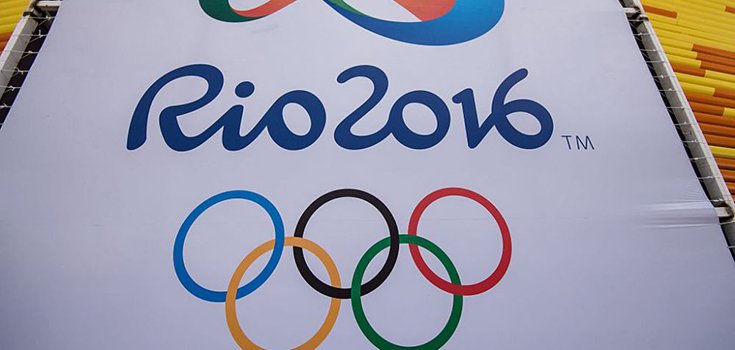3 Reasons the Olympics in Rio are Evolving into a Nightmare

The Olympics will be starting soon in Rio de Janeiro, and by all accounts, it’s setting up to be somewhat of a nightmare.
These 2 Concerns are Growing
Athletes and visitors have 2 main concerns; one is security. After all, nary a day goes by that there isn’t a major terror attack somewhere in the world. UN Assistant Secretary-General Jean-Paul Laborde said July 5 that the risk of terrorist attacks at the Rio Olympics is still high.
Making matters worse is the fact that the state’s police officers haven’t been getting paid. Rio de Janeiro, which manages the region’s military police force, issued an executive order requesting emergency funds from the federal government in order to pay officers outstanding bonuses and overtime.
Rio’s police officers have warned that people heading to the Games won’t be protected because officers aren’t being compensated.
The second concern, which has been making headline news for months now, is the potential spread of the Zika virus. Brazil has been hit especially hard by Zika, and nearly 200 scientists have signed a letter stating that hosting the 2016 Games in Brazil puts the world at risk for a global Zika outbreak.
Enter a 3rd Issue for Rio
Rio is now facing a new potentially deadly hurdle: drug-resistant bacteria discovered growing off of the shores of some of Rio de Janeiro’s beaches by a group of Brazilian scientists.
Lead researcher Renata Picao told CNN:
“We have been looking for ‘super bacteria’ in coastal waters during a one year period in five beaches. We found that the threats occur in coastal waters in a variety of concentrations and that they are strongly associated with pollution.”
She explained:
“This bacteria colonizes the intestine and it goes along with feces to the hospital sewage. We believe that hospital sewage goes into municipal sewage and gets to the Guanabara Bay or to other rivers and finally gets to the beach.”
The bacteria were found at both Flamengo and Botafogo beach, which border the Guanabara Bay – where Olympic sailors are scheduled to compete.
German Paralympic sailor Heiko Kroger said of the grotesquely polluted bay during a recent visit to Rio:
“It’s a nice sailing area but every time you get some water in your face, it feels like there’s some alien enemy entering your face. I keep my nose and my lips closed.”

Kroger believes a severe skin infection suffered by one of his teammates during recent training might have been caused by the drug-resistant bacteria.
Picao said she isn’t ready to go so far as to recommend changing the venues, but said that she and her colleagues were making the alert “because, if athletes get infected there is a chance this bacteria is multi-resistant and the physicians should know about this.” [2]
She went on:
“I don’t take my children to these beaches. We still need more studies to tell what would be the risk to human health of this exposure through the water.”
The venue is safe, say Rio organizing committee officials; however, independent studies by The Associated Press show high levels of pathogens in waters that Rio plans to use for sailing, rowing, canoeing, and open-water swimming.
Sources:
[2] USA Today

Good catch and article. 07.01.16 THE US ROWING TEAM’S ANTIMICROBIAL SUIT CAN’T DEFEAT RIO’S POLLUTED WATER
RIO DE JANEIRO’S waterways are about as clean as a dirty toilet bowl—raw sewage literally flows into them every day. So in preparation for the 2016 Summer Olympics, US rowers, sailors, and swimmers are getting creative to protect themselves against pathogens lurking in the water.
How much you want to bet all these hardships are due to Brazil’s association with the BRICS nations? Don’t want Zika, don’t drink the pesticides in there water!